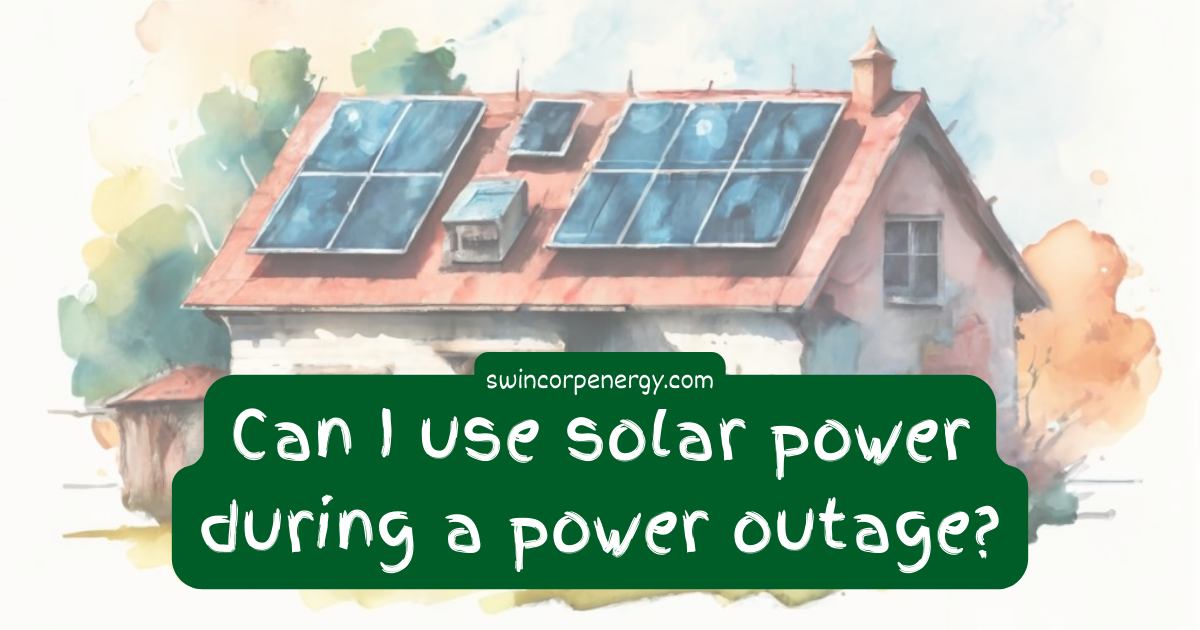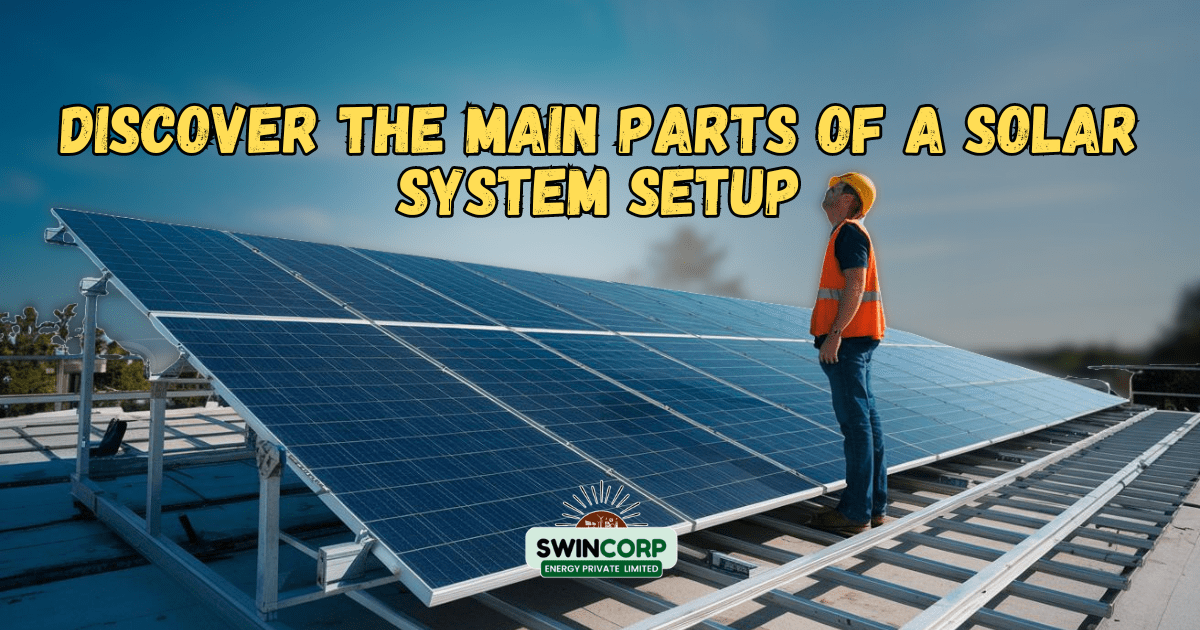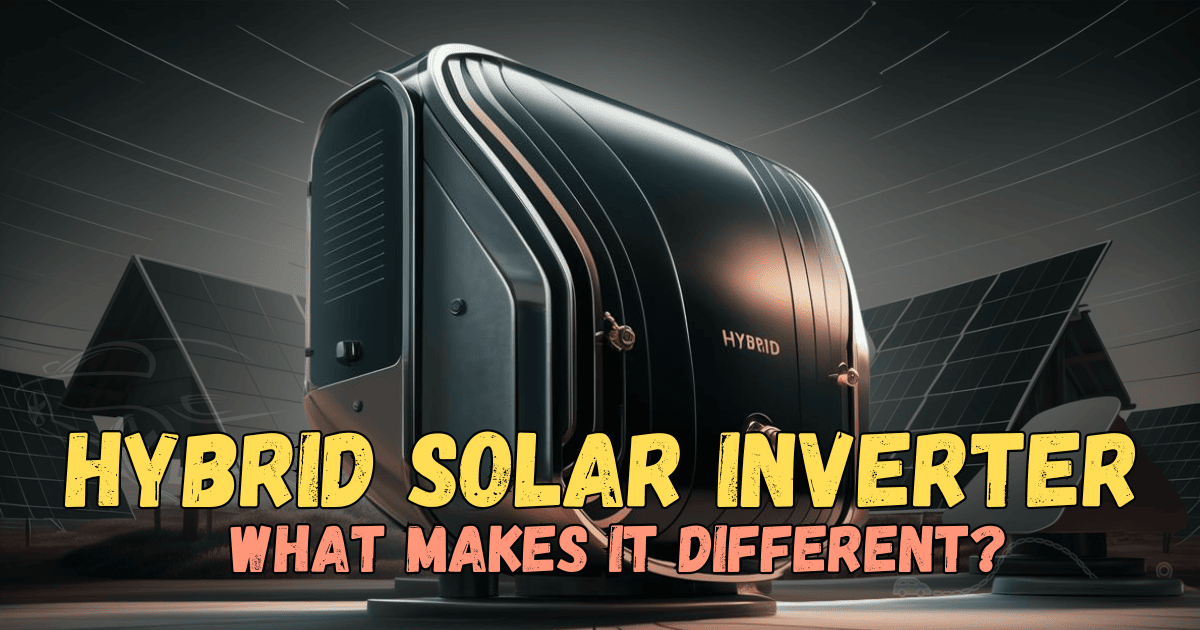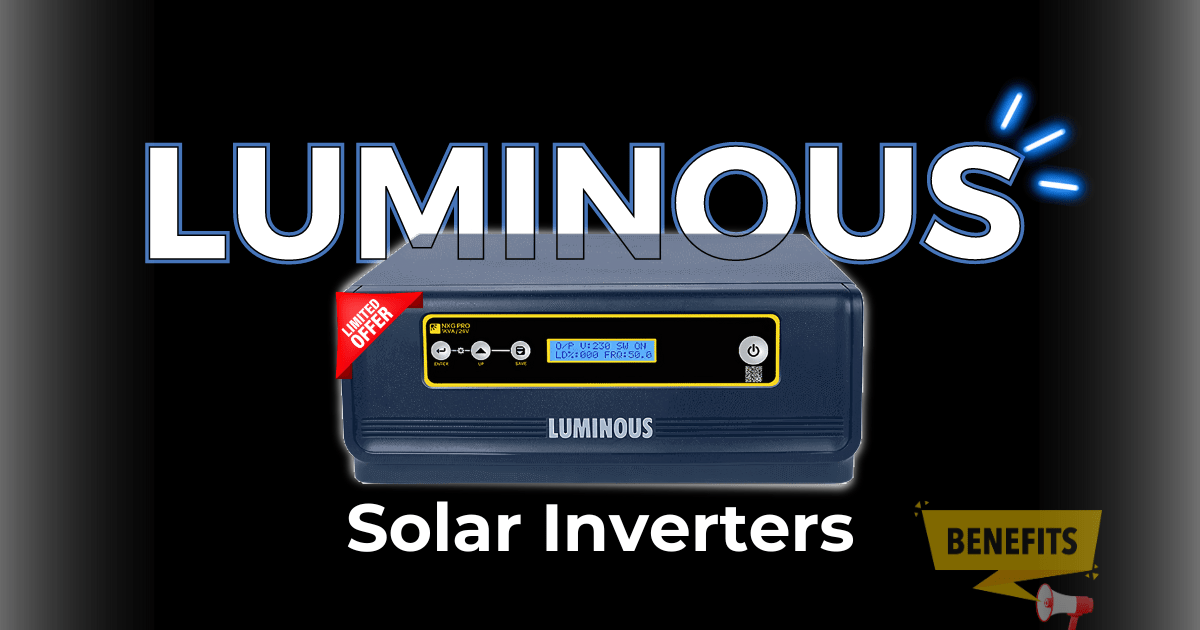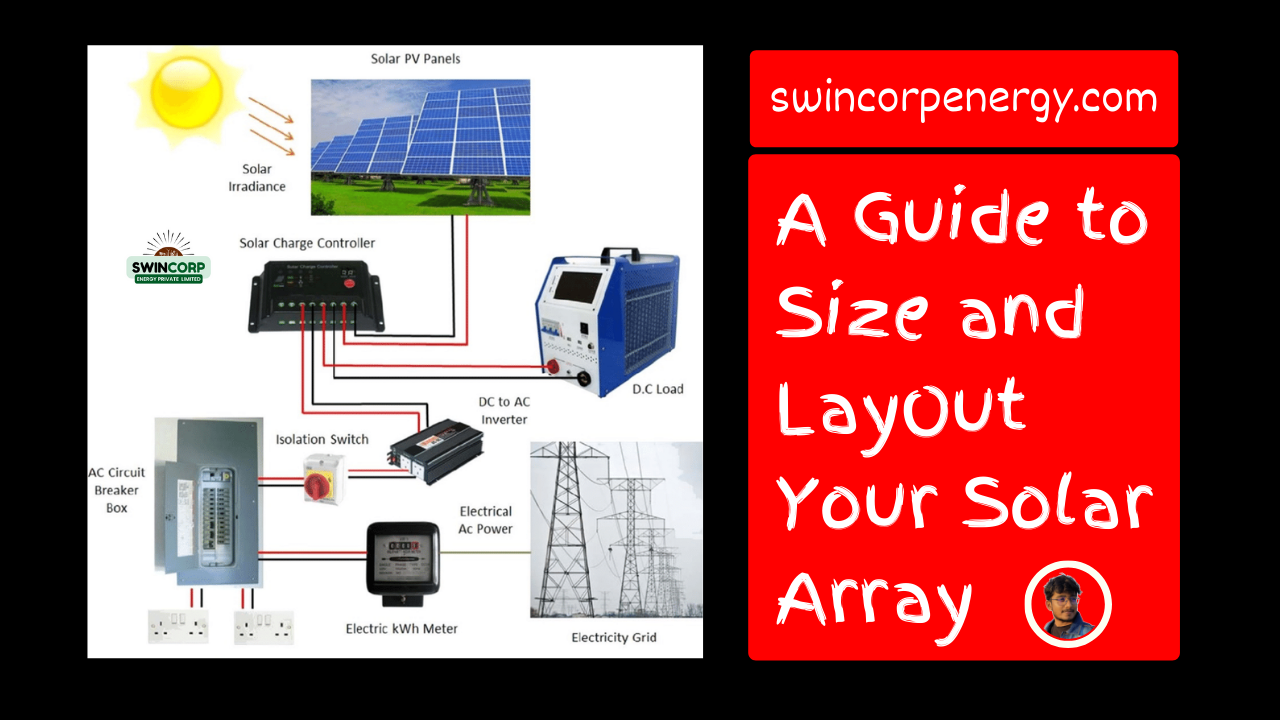Solar Power: The Ultimate Power Outage Survival Guide
Understanding Solar Power Basics
Solar Power Fundamentals :
Solar power, also known as photovoltaic (PV) power, is the process of converting sunlight directly into electricity using semiconductor materials. These materials, primarily silicon, absorb photons from sunlight, causing electrons to jump into a higher energy state. This movement of electrons generates an electric current, which is then harnessed to power homes and businesses.
Significance of Solar Power in Emergency Situations :
Solar power’s ability to generate electricity independently of the grid makes it a valuable asset during power outages. Unlike traditional power sources that rely on centralized infrastructure, solar panels can continue to produce electricity even when the grid is down, providing a lifeline of power when it is needed most.
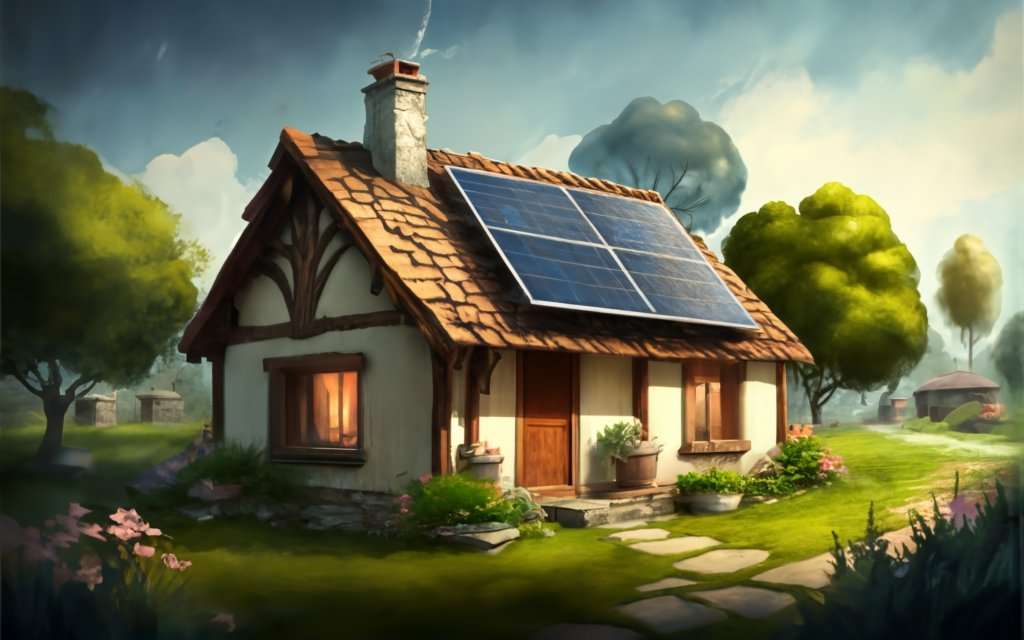
How Solar Power Works
Photovoltaic Technology Overview :
The core technology behind solar power generation is the photovoltaic effect. When sunlight hits a solar cell, it creates an electric field that separates the positively charged electrons from the negatively charged holes in the semiconductor material. This separation of charge generates an electric current, which can be used to power various devices.
Components of a Solar Power System :
A typical solar power system consists of several key components:
- Solar panels: These convert sunlight into electricity using photovoltaic cells.
- Solar inverter: This converts the direct current (DC) electricity generated by the panels into alternating current (AC) electricity, which is compatible with most household appliances.
- Mounting system: This securely attaches the solar panels to the roof or another suitable location.
- Wiring and electrical components: These connect the solar panels to the inverter and distribute the generated electricity to the home or business.
The 3 types of Solar Power Systems
Grid-Tied Systems :
Grid-tied solar systems are the most common type of solar system. They are connected to the public power grid and generate electricity that is sent to the grid. During a power outage, the grid goes down and your solar system will automatically shut off to prevent back-feeding electricity into the grid. This is a safety measure to protect utility workers who may be working to restore power.
Off-Grid Systems :
Off-grid solar systems are completely independent of the utility grid. They require battery storage to supply electricity during grid outages. These systems are ideal for remote locations or areas with frequent power disruptions.
Hybrid Systems :
Hybrid solar systems combine the features of grid-tied and off-grid systems. They allow homes to generate their own electricity, sell excess energy to the grid, and provide power during grid outages using battery storage.
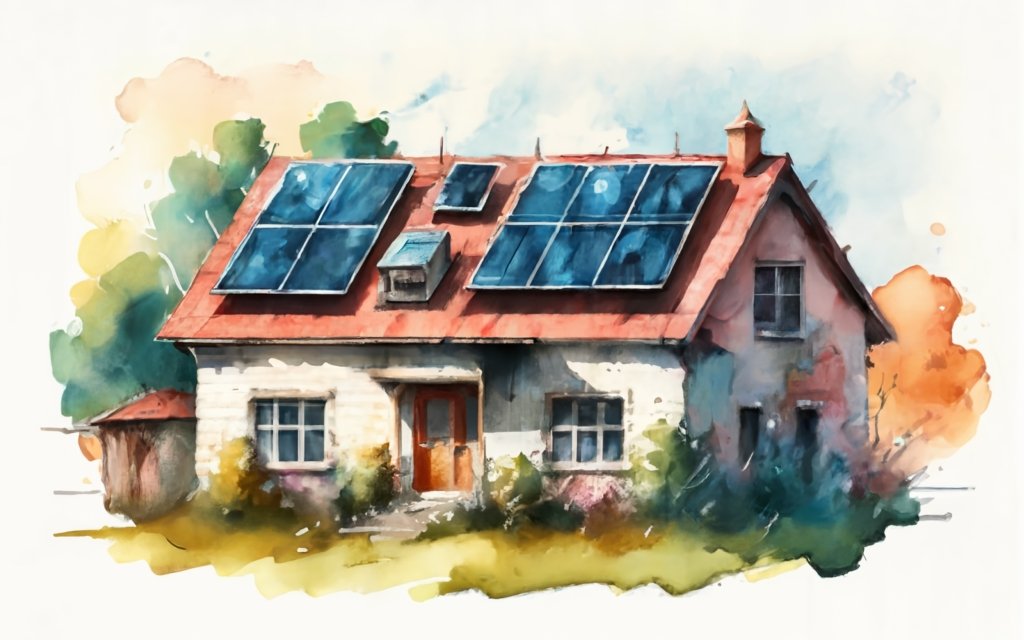
Solar Panels and Storage
Types of Solar Panels :
There are three main types of solar panels available:
- Monocrystalline: These panels are made from pure silicon crystals, offering high efficiency but at a higher cost.
- Polycrystalline: These panels are made from silicon fragments, offering lower efficiency but at a lower cost.
- Thin-film: These panels are made from a thin layer of semiconductor material, offering flexibility and lightweight construction but at lower efficiency.
Battery Storage Solutions :
Various battery technologies are used for solar energy storage, including:
- Lead-acid batteries: The most common type, offering low cost but limited lifespan and environmental concerns.
- Lithium-ion batteries: More expensive but offer longer lifespan, higher energy density, and better environmental performance.
- Flow batteries: Offer long lifespans and high scalability but are more expensive and less common.
Sizing Considerations :
The size of a solar power system depends on several factors, including:
- Energy needs: The amount of electricity consumed by the home or business.
- Sun exposure: The amount of sunlight received at the location.
- Available roof space: The area available for installing solar panels.
Can Solar Power Be Used During a Power Outage?
Grid-Tied Limitations :
During a grid outage, grid-tied solar systems cease generating electricity. This is because they rely on the grid to provide a path for the generated electricity to flow. Without the grid connection, the inverter cannot convert the DC power from the solar panels into AC power that can be used by appliances.
Benefits of Off-Grid Systems :
Off-grid solar systems are designed to operate independently of the grid, making them a reliable source of power during outages. As long as the sun is shining, the solar panels can generate electricity, which is stored in batteries for use when the grid is down.
Hybrid Systems: The Best of Both Worlds :
Hybrid solar systems offer the best of both worlds, providing grid-connected benefits while also offering backup power during outages. They typically include a battery bank that can store excess solar energy for use during grid outages.

Preparing for Power Outages
Assessing Energy Needs :
The first step in preparing for a power outage is to assess your energy needs. This will help you determine the size of the solar power system you need to install. To do this, you will need to know the following:
How much electricity you use on a typical day.
How much electricity you use during peak periods.
The type of appliances you use.
The number of people in your household.
You can use a number of tools to assess your energy needs, including:
Your utility bill: Your utility bill will show you how much electricity you use each month.
An energy audit: An energy audit can help you identify areas where you can save energy.
An online energy calculator: There are a number of online energy calculators available that can help you estimate your energy needs.
A solar energy professional can also help you assess your energy needs and recommend a system that is right for you.
Backup Power Planning :
In addition to assessing your energy needs, you will also need to make a plan for how you will back up your power during a grid outage. There are a number of options available, including:
Off-grid solar systems: Off-grid solar systems generate their own electricity and do not rely on the grid. This means that they can continue to provide power during a grid outage, as long as the sun is shining.
Hybrid solar systems: Hybrid solar systems are connected to the grid but have a battery backup. This means that they can provide power during a grid outage, even if the sun is not shining.
Portable generators: Portable generators can be used to provide backup power during a grid outage. However, they can be expensive to operate and maintain, and they can also produce harmful emissions.
Other backup power sources: There are a number of other backup power sources available, such as fuel cells and solar-powered microgrids.
Regulatory Considerations :
Before you install a solar power system, you will need to make sure that you comply with all applicable regulations. These regulations may vary depending on your location. Some things to consider include:
Zoning regulations: Zoning regulations may restrict the size and placement of solar panels.
Building codes: Building codes may require that solar panels be installed in a certain way.
Electrical codes: Electrical codes may require that solar panels be installed by a qualified electrician.
Permits: You may need to obtain a permit before you install a solar power system.
Benefits of Solar Power with Battery Backup
Investing in a solar power system with battery backup offers several benefits during power outages, including:
- Continued Power Supply: Solar power with battery backup ensures that you have access to electricity during power outages, keeping your essential appliances running and providing light.
- Increased Resilience: Solar power systems with battery backup enhance your home’s resilience to grid disruptions, ensuring that you are not reliant on the utility grid for power.
- Peace of Mind: Knowing that you have a reliable source of power during outages provides peace of mind and a sense of control.
Conclusion
Solar power systems with battery backup offer a reliable and sustainable solution for providing power during power outages. By harnessing the sun’s energy and storing it in batteries, homeowners can enjoy uninterrupted electricity and peace of mind, even when the grid goes down.
Keys: Solar power during power outages, battery backup for solar power systems, off-grid solar systems and power outages, benefits of solar power with battery backup, solar power resilience and reliability, Can I use solar power during a grid outage, Do solar panels work during power outages, How to use solar power during a blackout, Can I use solar power without a battery backup, What happens to solar panels during a power outage, How to choose a solar power system with battery backup for power outages, How much does a solar power system with battery backup cost, Solar power tax credits for power outages, Solar power and power outage preparedness, Benefits of solar power for homeowners, Environmental benefits of solar power, Solar power and the future of energy, Solar power FAQ, Solar power resources, Solar power companies near me
